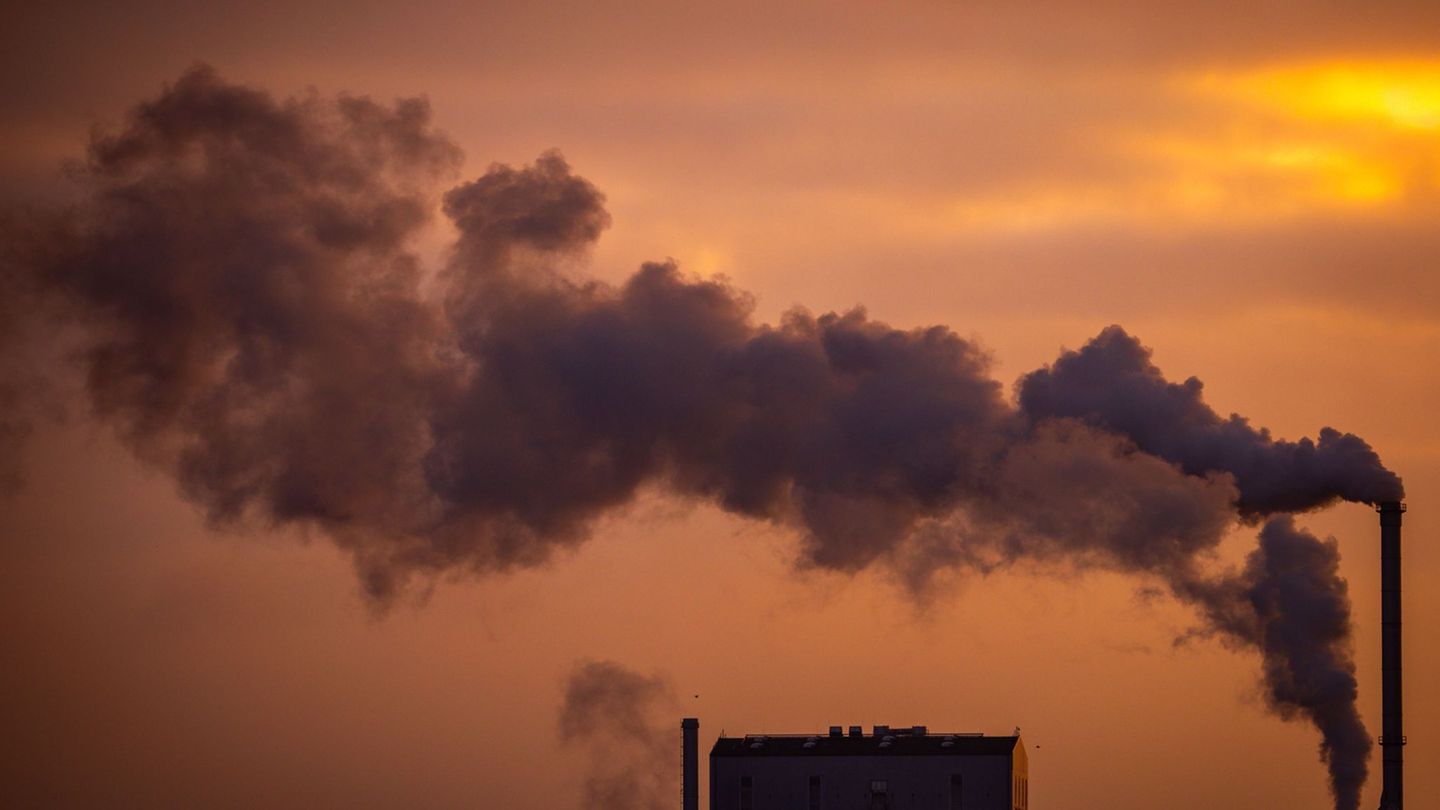Menu
Climate: Analysis: DAX companies lower greenhouse gas emissions
Categories
Most Read
Automotive industry: Porsche sales continue to decline – China remains a problem child
October 9, 2025
No Comments
Tariffs weigh on: German exports to the USA fall for the fifth month in a row
October 9, 2025
No Comments
Advertisements: Discount, bonus, best price – How retailers can advertise with them
October 9, 2025
No Comments
New rules from October 9th: More protection for bank customers when making transfers in seconds
October 9, 2025
No Comments
Three questions, three answers: Biggest IPO of the year? Ottobock issues shares
October 9, 2025
No Comments
Latest Posts

Jennifer Aniston: Her struggle to have a child
October 9, 2025
No Comments
Lisa HarrisI am an author and journalist who has worked in the entertainment industry for over a decade. I currently work as a news editor

Export-oriented industry: Mechanical engineers are pessimistic about the next few months
October 9, 2025
No Comments
AngelicaI am an author and journalist who has written for 24 Hours World. I specialize in covering the economy and write about topics such as

Automotive industry: Porsche sales continue to decline – China remains a problem child
October 9, 2025
No Comments
AngelicaI am an author and journalist who has written for 24 Hours World. I specialize in covering the economy and write about topics such as
24 Hours Worlds is a comprehensive source of instant world current affairs, offering up-to-the-minute coverage of breaking news and events from around the globe. With a team of experienced journalists and experts on hand 24/7.

